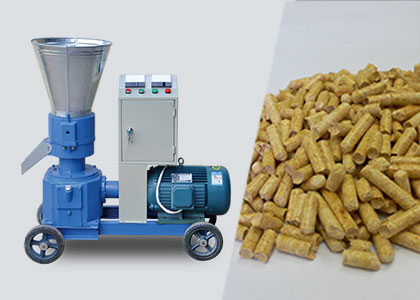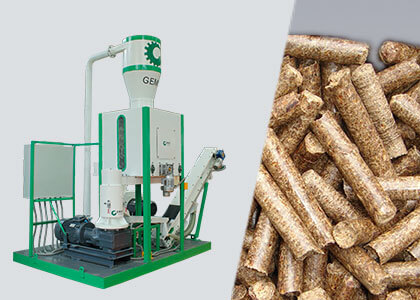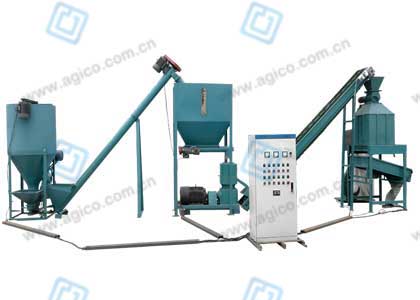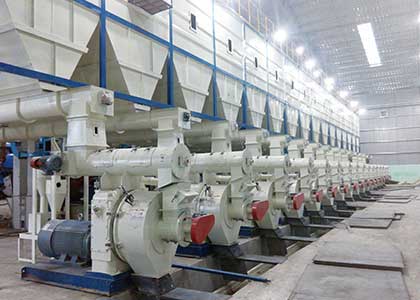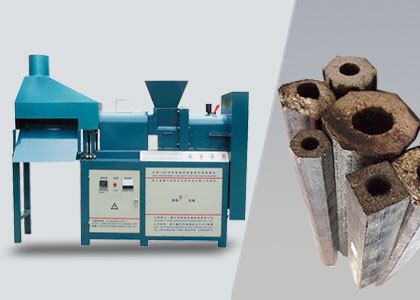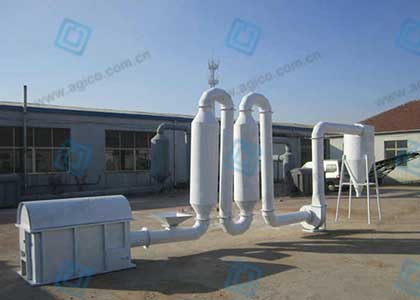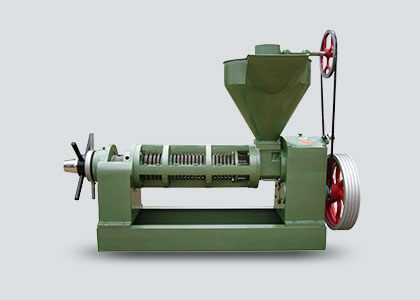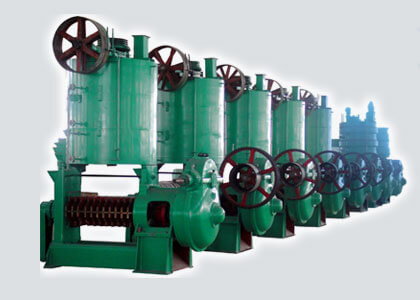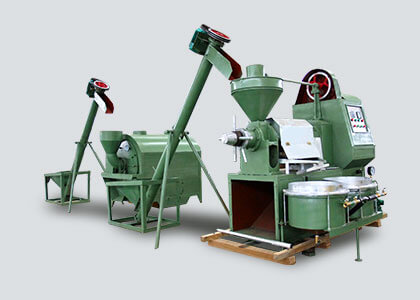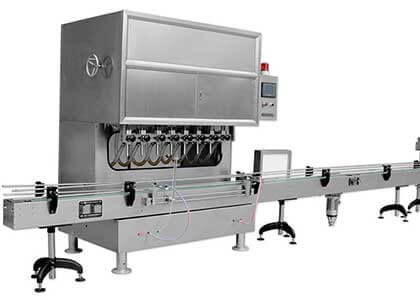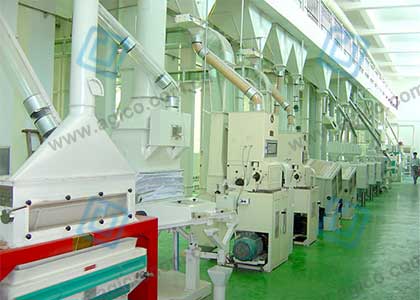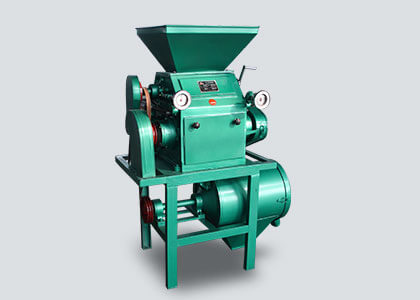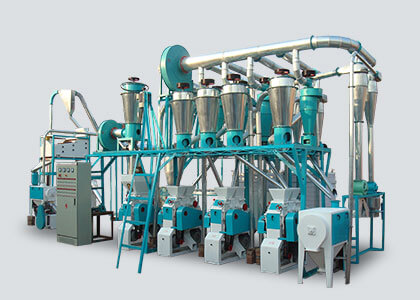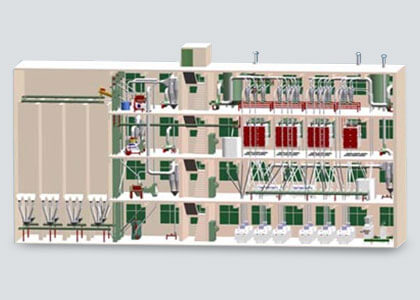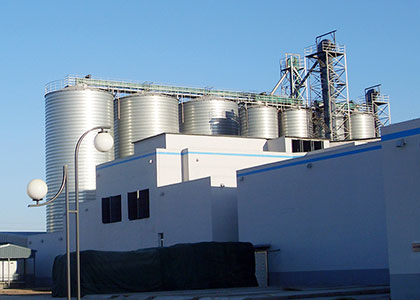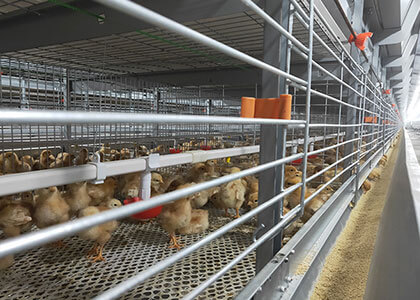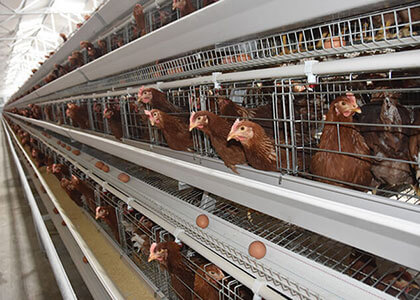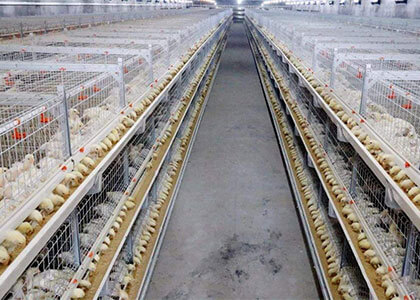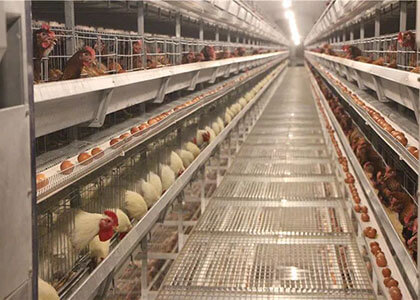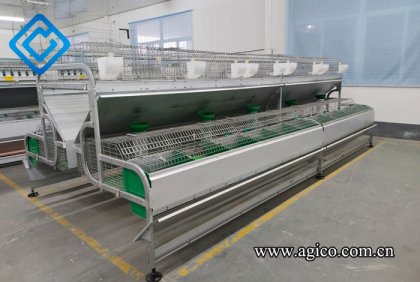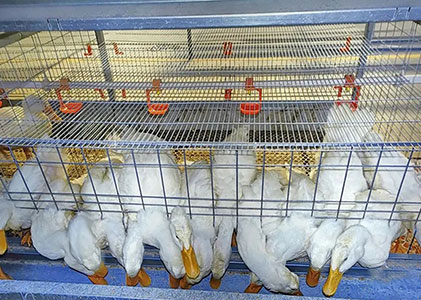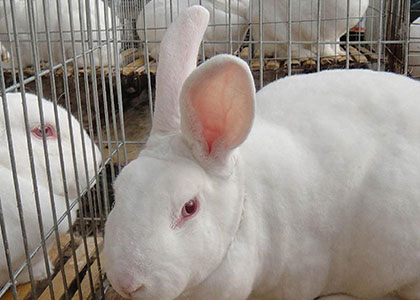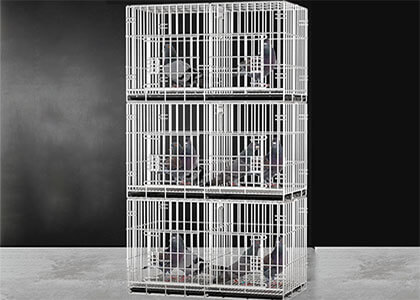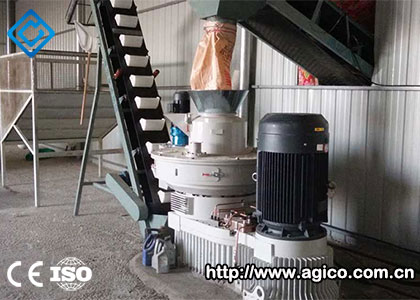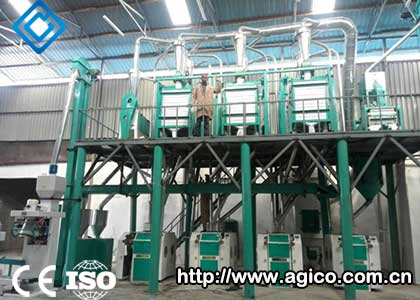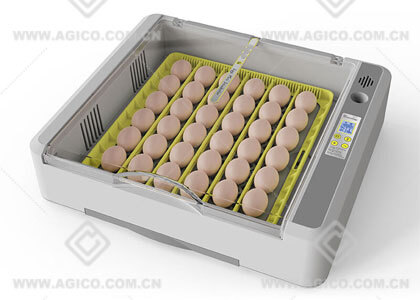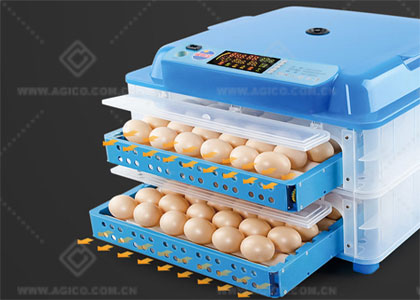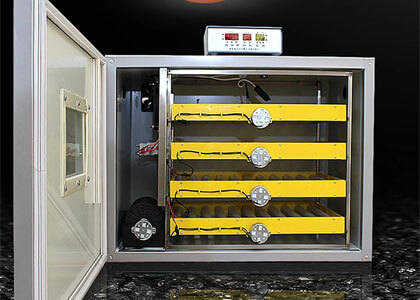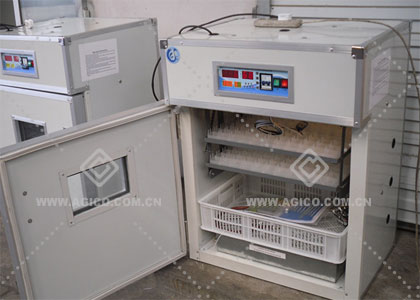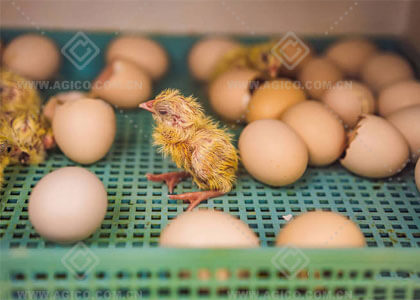Comparison of Small-Capacity Incubators: Which One is Right for You 36-Egg,64-Egg or 150-Egg Incubator?
Small incubators are becoming increasingly popular in modern poultry farming. With its lightweight, portability, and easy operation, this equipment provides great convenience for family and small-scale farming. Whether it is a hobbyist trying to hatch a few eggs or a small-scale farmer who needs to hatch poultry in batches, small incubators can meet these needs well.
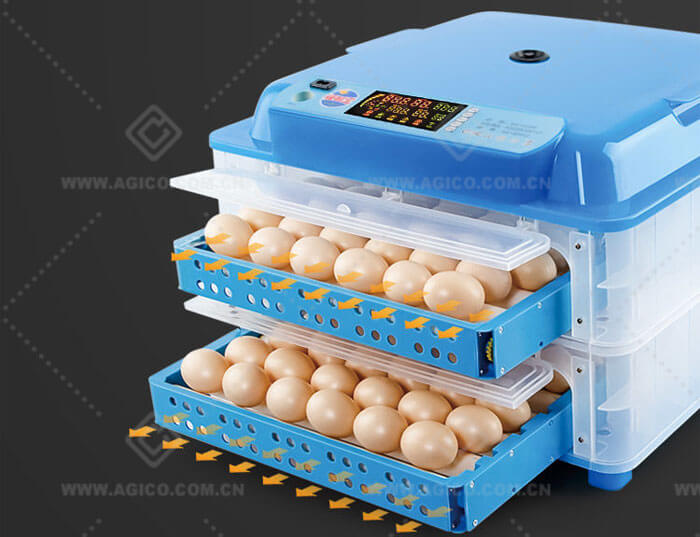
Among the common small incubators on the market, 36 egg incubator, 64 egg incubator and 150 egg incubator are three typical models. These incubators vary in capacity, function and price, covering the diverse needs from entry-level users to semi-professional farmers. Choosing a model that suits you can effectively improve hatching efficiency and avoid unnecessary waste of resources. However, for many users, facing so many models and functions, how to choose the small incubator that best meets their needs is a big problem.
To help everyone understand the characteristics of these small incubators more clearly, we will compare in detail the functions, applicable people and actual usage experience of 36 egg incubator, 64 egg incubator and 150 egg incubator.
What is a small incubator?
A small incubator is a type of incubation equipment designed specifically for family farming, small farms, and beginners. It has the characteristics of small capacity, compact structure, and simple operation. Compared with large incubators, small incubators focus more on meeting personal or small-scale hatching needs. Their capacity is generally between dozens and hundreds of eggs, and are suitable for hatching chicken eggs, duck eggs, goose eggs and other poultry eggs.
This type of incubator is usually suitable for home breeding enthusiasts to experience the fun of hatching; small farms to hatch eggs to meet their own poultry breeding needs; and schools or scientific research institutions for teaching and experimental purposes. With their flexibility and low threshold, small incubators have gradually become an indispensable tool in the breeding field.
Advantages of small incubators
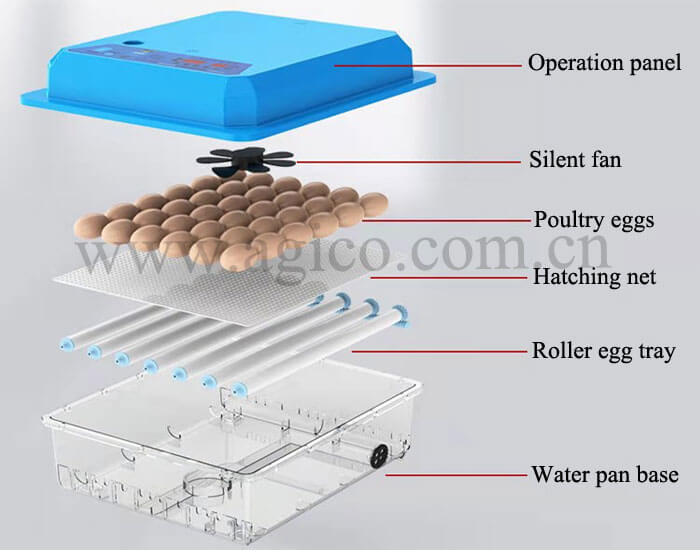
The original intention of the design of small incubators is to provide an efficient and convenient incubation method to meet small-scale needs. Its advantages are reflected in the following aspects:
Small footprint, easy to operate
Mini incubators are small in size and can usually be placed on a desktop or in a home breeding area without taking up too much space, making them ideal for users with limited space. In addition, these incubators are easy to operate and are often equipped with an easy-to-use control panel, allowing users to quickly get started without complex training.
Energy-saving and environmentally friendly, suitable for beginners
Small incubators have lower energy consumption and are more energy-saving and environmentally friendly than large incubators. This feature not only reduces the cost of breeding but also reduces the impact on the environment, making it very suitable for breeding beginners to try. Through small incubators, users can experience the entire process of hatching at a lower risk and cost and accumulate experience for the possible expansion of breeding scale in the future.
Parameter and Function Comparison of 36 Egg Incubator, 64 Egg Incubator and 150 Egg Incubator
1. Appearance and specifications
The 36-egg, 64-egg and 150-egg incubators are all made of plastic shell and foam insulation box. In terms of size, the three have the same bottom area of 52cm×52cm, and the only difference is the height. The three incubators have a small footprint and can be easily placed in a home environment, such as a table corner or corner. Their compact design is very easy to carry and place.
| Type | Hatching quantity | Hatching quantity | Hatching quantity | Hatching quantity | Size |
|---|---|---|---|---|---|
| 36 egg incubator | 36 chicken eggs | 36 duck eggs | 36 goose eggs | 72 pigeon eggs | 52×52×24cm |
| 64 egg incubator | 64 chicken eggs | 48 duck eggs | 30 goose eggs | 90 pigeon eggs | 52×52×40cm |
| 150 egg incubator | 150 chicken eggs | 120 duck eggs | 80 goose eggs | 200 pigeon eggs | 52×52×46cm |
2. Capacity and applicable scale
36 egg incubator: for small families to meet small-scale hatching needs
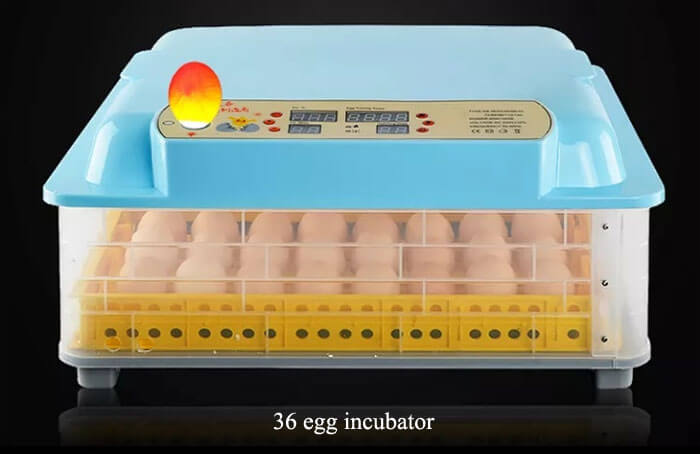
The 36 egg incubator can hatch 36 eggs at a time, which is very suitable for family use. It can meet the needs of hatching a small number of eggs, such as family farmers who want to hatch a few chickens, ducks, or geese, which can control the scale of breeding and save space and costs. This incubator is often the first choice for beginners because it is simple to operate, has low investment, and requires less experience, which is very suitable for people who are trying to hatch for the first time.
64 egg incubator: suitable for medium needs of families and small farms
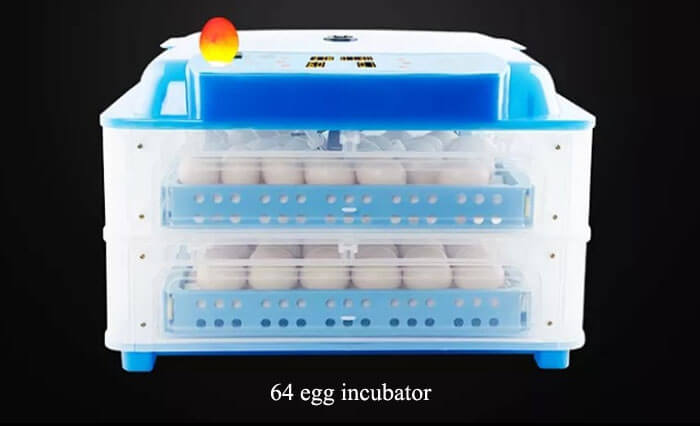
The 64 egg incubator has a moderate capacity and is ideal for families and small farms. This type of equipment can incubate multiple poultry eggs at the same time and meet medium-scale hatching needs. For example, a family farmer may need to hatch a batch of chicken and duck eggs, and the 64-egg incubator can easily handle it. In addition, its extra capacity compared to the 36-egg incubator makes it more suitable for users who plan to gradually expand their breeding scale.
150 egg incubator: for more professional small-scale breeding users
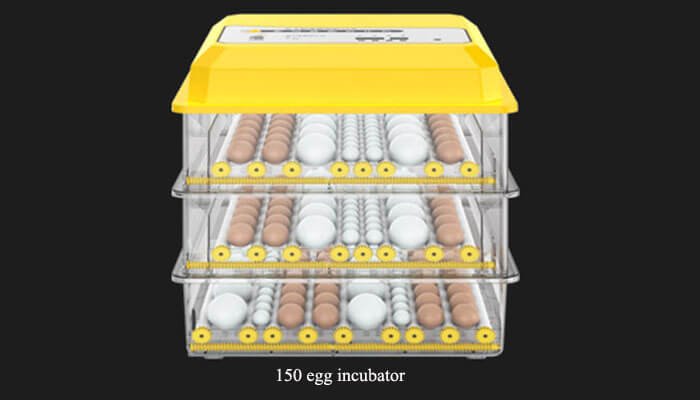
For users who have some breeding experience or who want to achieve small-scale commercial production through incubation, the 150 egg incubator is a choice worth considering. Incubators with this capacity can hatch a large number of eggs at one time and are suitable for small-scale farms that need to improve production efficiency. While its operation may be slightly complex, it offers significant advantages for users pursuing efficient batch incubation.
3. Function comparison
The 36 egg incubator, 64 egg incubator and 150 egg incubator are all equipped with automatic temperature control, automatic egg turning, automatic ventilation, automatic water supply and egg candling functions.
For areas with unstable power supply, the configuration of the incubator is particularly important. Each AGICO incubator model has two types of power supply: single power supply and dual power supply. The single power supply directly uses household electricity, and the dual power supply model is equipped with an inverter, which can be connected to a battery in the event of a power outage.
Recommendations for purchasing small egg incubators
36 egg incubator
Suitable for beginners who want to incubate a small number of eggs. This incubator is easy to operate and affordable, making it ideal for home use or for hobbyists to experience the fun of incubation.
64 egg incubator
For families or small and medium-sized breeders. Its moderate capacity can meet diverse hatching needs, such as hatching chicken and duck eggs at the same time, and is suitable for users who want to try to expand the scale of breeding.
150 egg incubator
Best suited for small professional farms or small-scale batch hatching needs. This type of incubator has a larger capacity and is usually equipped with more functions, such as automatic egg turning and precise temperature control, which can effectively improve hatching efficiency and is particularly suitable for user groups that require efficient production.

